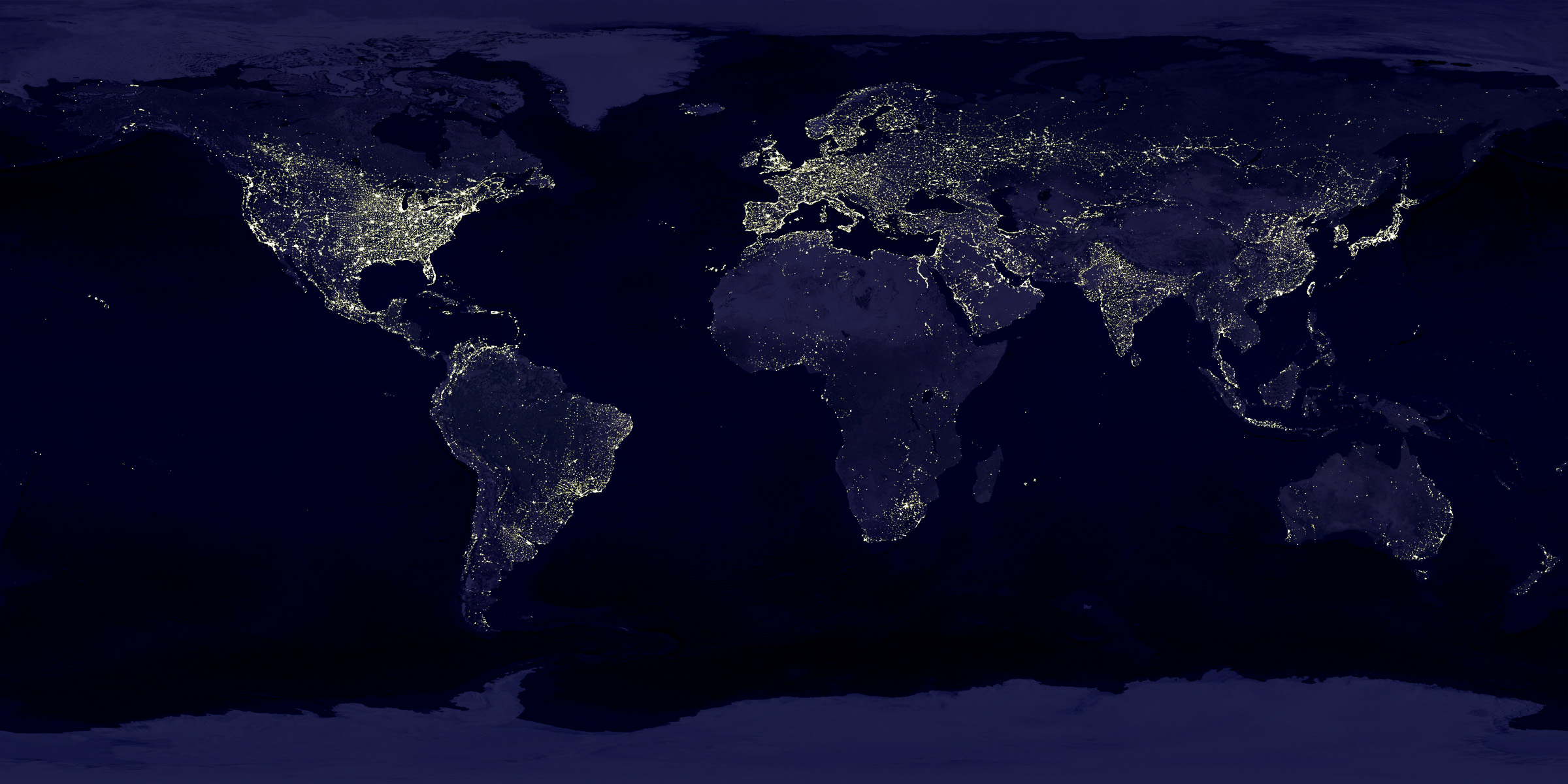Brooks Brothers, Founded in 1818, Files for Bankruptcy

Brooks Brothers, the retailer known for dressing the great and good of the United States since 1818, filed for bankruptcy on Wednesday, buckling under the pressure from the coronavirus pandemic following years of declining sales as customers embraced more casual apparel and sales shifted online.
The company, founded and based in New York, filed for Chapter 11 restructuring proceedings in the United States Bankruptcy Court for the District of Delaware. Claudio del Vecchio, the Italian industrialist who bought the brand in 2001 and still owns the company, told The New York Times in May that he would not rule out Chapter 11 as a possibility.
Brooks Brothers said in an emailed statement on Wednesday that the filing would allow it to obtain additional financing as it facilitates a sale.
The bankruptcy represents the latest high-profile retail fall during the pandemic, which has caused widespread store closures and sales declines, reshaping the shopping streets of cities across the country. Since May, major names like J.C. Penney, Neiman Marcus and J.Crew have all been pushed into Chapter 11 proceedings. The chains, including Brooks Brothers, plan to keep operating, though likely in a pared-back fashion.
“Brooks Brothers is the most iconic American brand,” said William Susman, managing director at Threadstone Advisors. “While in a different form, I am confident the brand will survive and continue for years to come. This is a case of a failed company, not a failed brand.”
Brooks Brothers, known for its suits and preppy clothes, has been hit especially hard by the virus crisis. It is an era of remote work and job interviews through Zoom, and the postponement of celebrations like weddings, bar mitzvahs, and graduations.
The company, which is the oldest apparel brand in continuous operation in the United States, said that it had decided to close 51 U.S. stores out of its roughly 250 locations in North America. Earlier this year, Brooks Brothers said it would close its three factories in the U.S., which are in Queens; Haverhill, Mass.; and Garland, N.C., spurring concern around the future of the brand and its identity as a “Made in America” name.
Brooks Brothers has a unique and rich connection to American heritage and culture. It has dressed all but four U.S. presidents and its overcoats have been worn for the inaugurations of Abraham Lincoln, Barack Obama and Donald J. Trump, among others. It has outfitted Clark Gable, Andy Warhol and Stephen Colbert. Even Ralph Lauren started out as a salesman at Brooks Brothers in New York.
For decades, the brand was synonymous with professional American men's wear, its somewhat boxy suits framed as a less fashion-centric riposte to the more structured English tailoring and the more showy Italian style. Preppy, pinstriped, and red, white and blue, its clothes, for both men and women, were symbols of East Coast success in the Kennedy vein. Its Madison Avenue flagship, a limestone Italian renaissance building, became a pit stop for commuters hopping the train from Grand Central to family life in the suburbs.
The Times reported last month that Mr. Del Vecchio hired PJ Solomon, the investment banking firm, last year to explore “options” such as a sale or further investment. Before the pandemic, a restructuring plan was created, and this year, a group of potential investors valued the company between $300 million and $350 million. But Mr. Del Vecchio told the Times that he hadn’t felt that the discussions “matched the needs we saw.”
Mr. Del Vecchio also said that annual sales from 2017 through 2019 were effectively flat at about $1 billion each year, and that it had debt of “less than” $300 million.
Brooks Brothers said in its Wednesday email that it expected to complete the sale “within the next few months,” and noted that it is “critical that any potential buyer aligns with our core values, culture, and ambitions.” The company said it secured $75 million in financing to help support it until it found a buyer.























